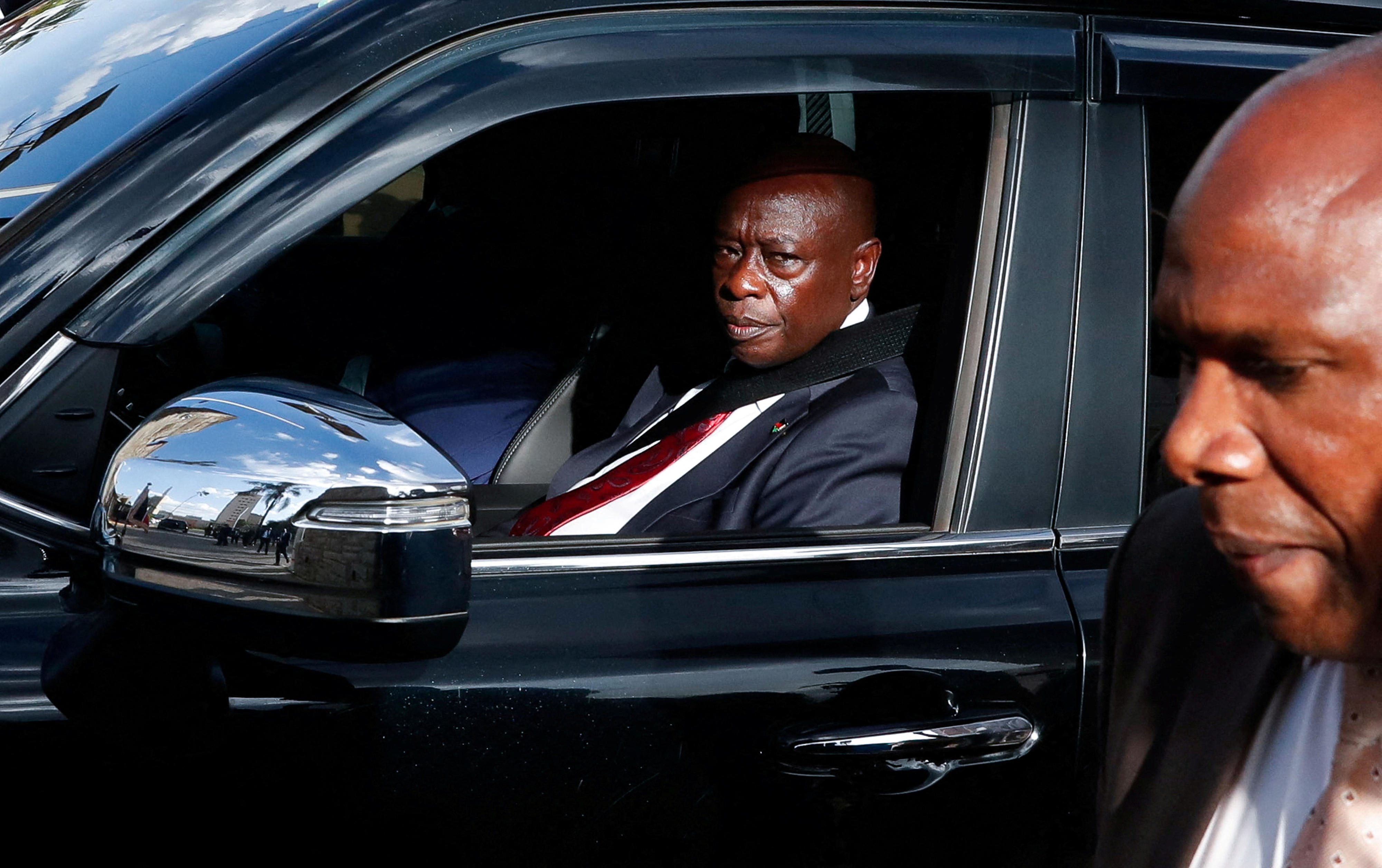Fathers bless your sons

What you need to know:
- For many Ugandan fathers, this means engaging in the family business, whether in agriculture, trade, or artisan work, thus demonstrating that work is a gift, not a burden.
The cultural significance of fatherhood is profound. Traditionally, fathers have been viewed as the backbone of the family, responsible not only for providing for their families but also for imparting values and wisdom.
The phrase “Father bless your son” resonates deeply within Ugandan society, calling on fathers to engage meaningfully in their sons’ lives.
However, this blessing transcends mere prayer or well-wishing; it involves a deliberate commitment to instilling character, discipline, work ethic, charity, self-esteem, and respect for others, the environment, and God.
In many African communities, fathers are seen as authority figures, responsible for setting the moral compass of the family.
The traditional roles of men as providers and protectors create a framework in which they are expected to be both leaders and teachers.
Yet, modern challenges such as economic hardships, urban migration, and changing family dynamics have placed additional pressures on fathers, making it even more essential for them to step up in their roles.
According to the 2021 AfriChild report dubbed The State of Uganda’s Fathers: A Scoping Review, nearly 20 percent of children in Uganda live in households where fathers are absent.
But in a recent televised interview, Steven Langa the executive director of Family Life Network, made a statistical breakdown thus; 10 percent of Ugandan men have fathered a child but not even aware, 40 percent fathers have abandoned their offsprings, 45 percent of fathers look after their children but are not emotionally connected and only five percent look after their children and connect with them emotionally.
This absence can lead to emotional and social difficulties for young boys, often resulting in feelings of abandonment and low self-esteem.
To “bless” one's son is to actively participate in his growth and development. It involves imparting the life skills and values that shape a boy into a responsible and ethical man.
Blessing is not just about words; it is about actions. Fathers can provide guidance by sharing life experiences, teaching respect, and modelling hard work.
For many Ugandan fathers, this means engaging in the family business, whether in agriculture, trade, or artisan work, thus demonstrating that work is a gift, not a burden.
Fathers can teach their sons that labour is not merely a means to an end but a valuable aspect of life. Involving sons in daily tasks can instil a sense of responsibility and pride in their contributions. By teaching sons the value of honest work, fathers can foster a sense of appreciation for effort.
In the same strain, character formation is crucial in developing a responsible individual. Fathers who prioritise discipline whether through education, sporting activities, or community service help instil a sense of accountability in their children. In Uganda, a culture of respect for elders and authority is foundational, and fathers are the primary figures through whom this respect is taught.
Fathers can further enhance this character building by emphasising the importance of honesty, integrity, and kindness. In a society grappling with corruption and moral decay, these values become even more critical.
Studies have shown that fathers who engage their sons in community service, whether through church groups, local charities, or family initiatives teach them the importance of giving back. This practice not only nurtures empathy but also reinforces the idea that success is not solely about personal gain. Such experiences foster a sense of community and belonging.
Research has further shown that strong father-son relationships contribute positively to mental health and social behaviour.
A study published in the Journal of Family Psychology found that boys who have involved fathers are less likely to engage in delinquent behaviour and more likely to excel academically. Conversely, boys without strong paternal figures are more likely to experience emotional difficulties and struggle with identity issues.
As Ugandan society evolves, the need for strong father-son relationships becomes more pressing. Encouraging fathers to actively participate in their sons’ lives can lead to generational changes, fostering a culture of responsibility and respect.
As we reflect on the adage “Father bless your son,” it becomes clear that this blessing carries immense weight. It is a call to action for fathers to invest in their sons' lives actively, nurturing character, discipline, and a sense of responsibility.
The blessings of fatherhood should not be seen as mere tradition but as a necessary commitment to raising the next generation of ethical, hardworking, and empathetic young men.
In Uganda, where challenges abound, the role of fathers is pivotal in shaping a brighter future. By embracing their responsibilities, fathers can truly bless their sons, providing them with the tools they need to navigate life with integrity and purpose. In doing so, they not only honour their legacy but also contribute to a healthier, more cohesive society.
Brian Ssenoga, [email protected]




